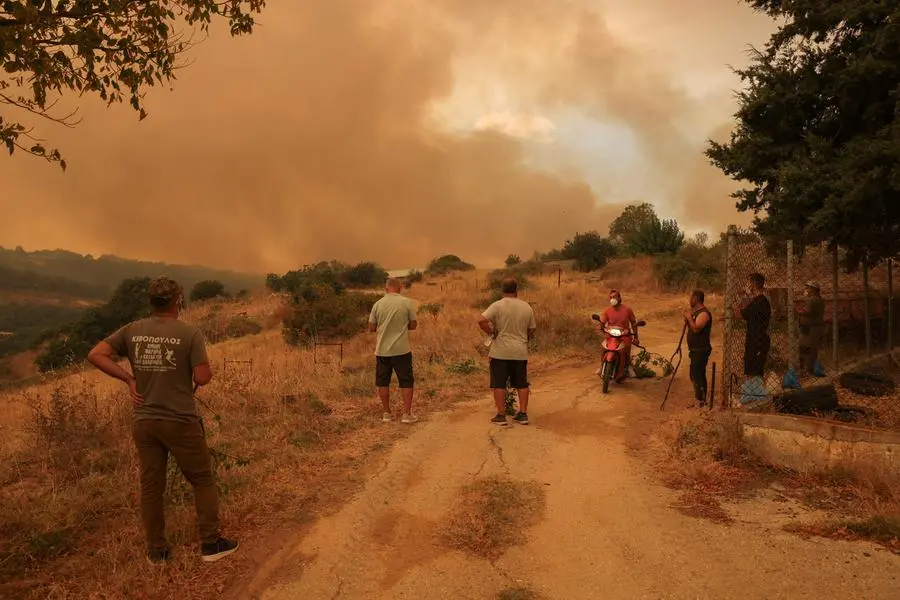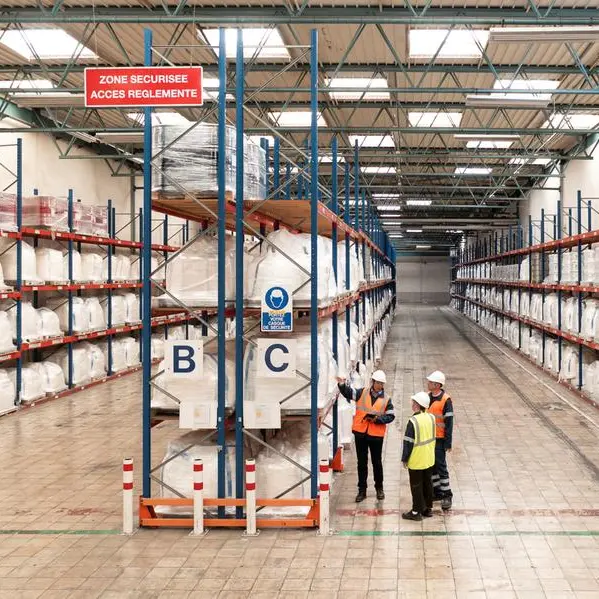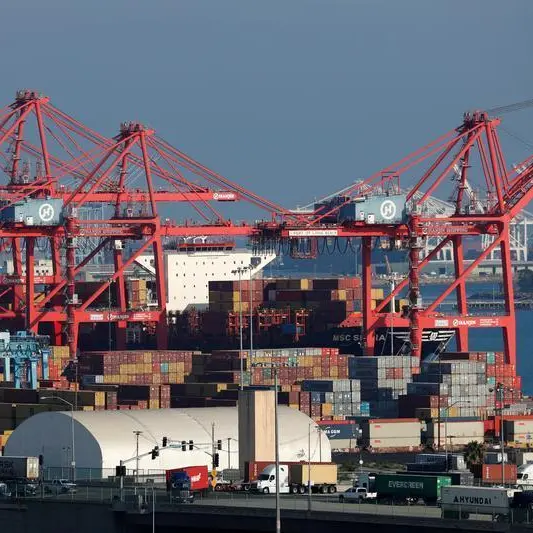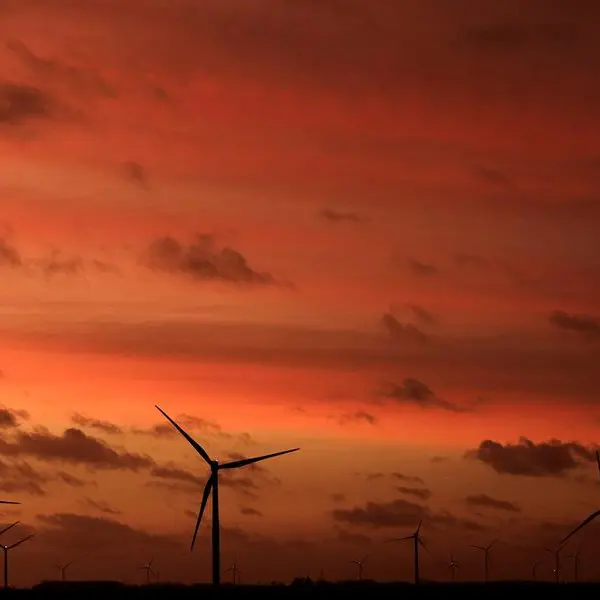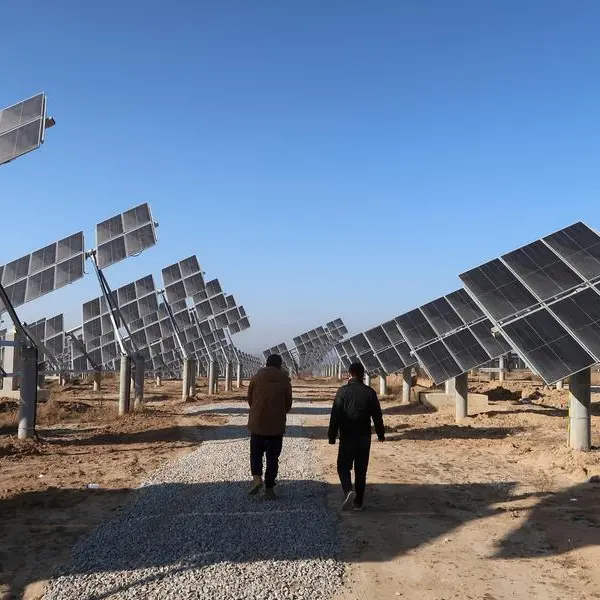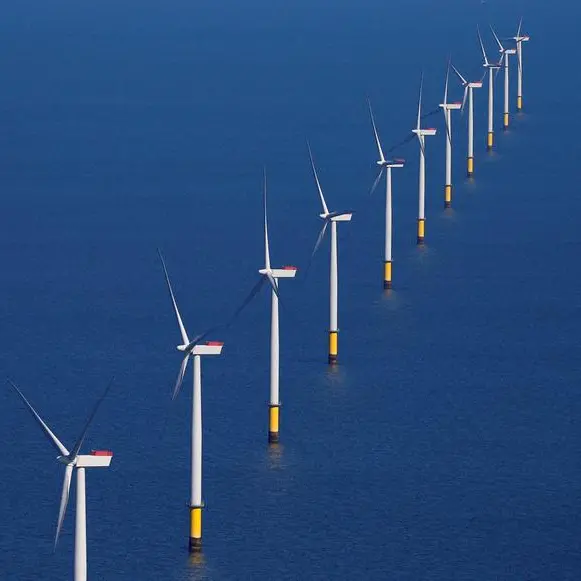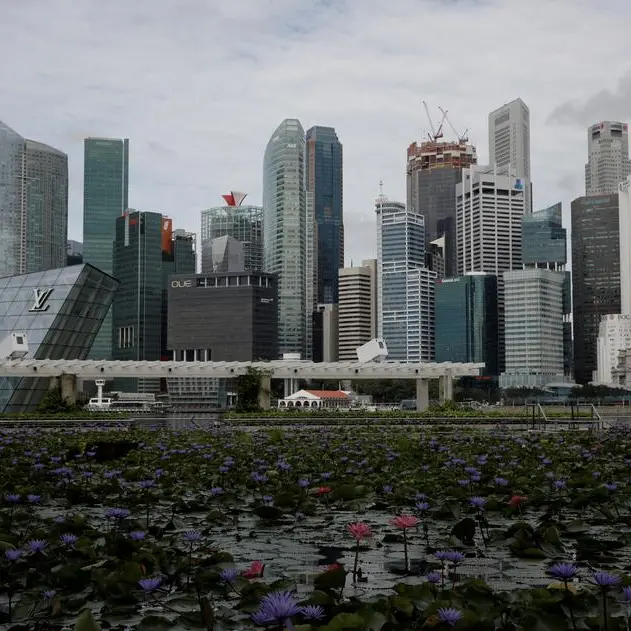PHOTO
BRUSSELS - As Europe braces for summer wildfires, it is putting some 550 firefighters and 32 aircraft on standby and plans to spend 600 million euros ($644 million) on water-bombing planes, but experts warn the money could be better spent on prevention.
Last year's wildfire season in Europe was among the worst this century, the European Commission said. Fires burnt through more than half a million hectares, led to mass evacuations and killed at least 20 people in Greece.
But fighting fires is only part of the answer.
"If we only invest in the response capacity, we will have to keep investing more and more and more, and will either run out of money or we will be overwhelmed because of the increase in disasters," EU Commissioner for Crisis Management Janez Lenarcic told the Thomson Reuters Foundation.
As climate change brings more heatwaves and drought worldwide, the number of extreme wildfires is expected to increase by up to 30% by 2050, with bigger fires becoming tougher to put out, a 2022 United Nations report showed.
Climate change is already costing Europe tens of billions of euros per year, Lenarcic said, and the cost will rise if nothing is done to reduce emissions and invest in prevention.
But the potential costs of curbing the EU's CO2 emissions have already sparked a backlash from many farmers and other voters in a key electoral year and that risks undermining the EU's green transition plans.
"If we do it, it won't be easy and it won't be cheap," said Lenarcic. "If we don't do it, it will be much more expensive."
COSTS TO PLANET AND PURSE
Europe saw a sharp increase in burnt areas last summer, producing some 20 megatonnes of CO2, the European Forest Fire Information System said, equivalent to nearly a third of all international aviation emissions in the EU in a year.
The fires also caused an estimated 4.8 billion euros in damage according to Distrelec, a power sector firm which supplies early warning sensors for wildfires.
Last year, dry soil, low humidity and high winds combined to ignite mega fires that burn so intensely that traditional aerial firefighting techniques cannot cope, forestry experts said.
"Airplanes can help immensely to protect ground forces and properties," Joao Carlos Verde, an adviser at Portugal's integrated fire agency (AGIF), told the Thomson Reuters Foundation.
But, he said, "there will come a point when you can have all the fleets you want of airplanes and that will still not solve your problem."
Perhaps, Verde said, the biggest obstacle to prevention was an image problem.
"The response is sexy. You see the lights, you hear the helicopters. Prevention isn't sexy. Nobody sees it. It's slow, but it bears fruit."
BETTER THAN CURE
Wildfire experts have warned for years against the "firefighting trap", which privileges suppression, such as with water-bombing planes, over long-term prevention involving the protection and restoration of forests and peatlands.
Research from the World Bank and the European Commission estimates that 1 euro invested in wildfire prevention saves between 4 euros and 7 euros in damage but spending leans heavily towards detection and response.
Spending by EU countries on fire protection - both suppression and prevention - has remained more or less stable since 2001 at 0.5% of total government spending, but research from WWF Greece showed that more than 80% of Greece's fire protection budget went towards suppression in 2022.
This sparked a spending review, and although the non-profit said the balance was now better, it said most spending still went towards suppression.
Portugal, which experienced devastating wildfires in 2017, had achieved a 50:50 split in spending between prevention and suppression measures by 2019, AGIF said.
The agency streamlined its firefighting and conservation efforts to address the causes of fires, something Verde recommended for the EU.
Bringing communities, particularly in rural areas, on board is key to successful prevention methods, said Verde.
"Make people feel they have an incentive to manage the land ... you will have less fires," he said.
This could prove challenging as EU climate policies, including nature restoration efforts to make forests more fire-resilient, have been criticised by farmers angry over the cost.
"Nature restoration has to be done," said Lenarcic, but he added that farmers should be supported financially.
"But the green transition is vital, of existential importance, also for them."
($1 = 0.9203 euros)
(Reporting by Joanna Gill; Editing by Jon Hemming. The Thomson Reuters Foundation is the charitable arm of Thomson Reuters. Visit https://www.context.news/)
